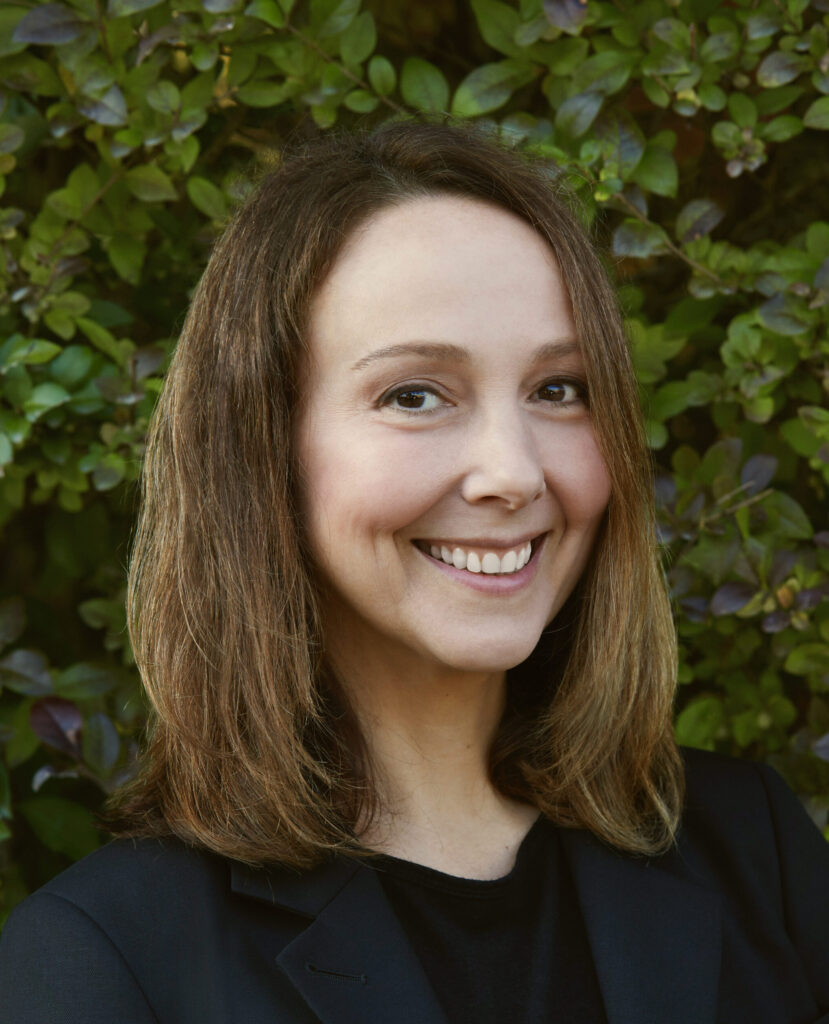About Dr. Guenther

Dr. Genevieve Guenther is a former Renaissance scholar who turned to climate research and activism after having a child and becoming increasingly alarmed about the world her son could inherit after she died. She is now an expert in climate communication. Using her training in rhetoric and cultural politics, as well as social-science research, she works to revamp the ways that we talk about the urgent need to phase out coal, oil, and methane. She is guided by the conviction that our language for the climate crisis is largely inaccurate and misleading, and that fixing this problem requires us not just to reframe talking points, but to recognize how our speech itself—what we say and what we don’t say about climate change—upholds a dangerous status quo.
Dr. Guenther consults with advocacy organizations, climate-conscious businesses, and Democratic elected officials, advising them on navigating climate disinformation, reducing exposure to the myths of climate economics, projecting the future of climate politics and clean-energy development, understanding climate policy in China, and implementing new solutions for climate communication.
Dr. Guenther’s writing lies at the heart of her work transforming the ways stakeholders and citizens think and talk about the climate emergency. In her research Dr. Guenther draws on sociology, psychology, philosophy, and literary theory to update outmoded paradigms for climate communication. She also speaks to a wide general audience, publishing popular articles on many facets of the climate crisis, including the emotional dimensions of confronting global warming, the big ideological effects of even small words in climate discourse and the politics of international climate agreements. And as a media activist, she writes conversation-changing opinion pieces that upend the conventional wisdom about climate change in the news. Dr. Guenther also frequently appears in the press herself, talking to journalists about language, media, and climate politics.
Mobilizing through digital and direct action, in 2018 Dr. Guenther founded End Climate Silence, a volunteer organization that pushes the news media to start talking about the climate crisis with the urgency it deserves. At End Climate Silence she directs strategy and outreach, helping journalists explain the links between global warming and extreme weather, headline the urgent findings of climate science, and foreground the role of climate breakdown in news about politics, energy, business and finance, immigration, real estate, health, travel, food, and even the arts.
Since founding the organization, Dr. Guenther has made End Climate Silence a force in the climate movement. Dr. Guenther’s activism and writing has been profiled in The New Yorker, and End Climate Silence has been cited in The New York Times Magazine as helping to set climate politics “on fire.”
After graduating summa cum laude from Columbia University, Dr. Guenther received her PhD in English Renaissance Literature at the University of California, Berkeley, where she was a Townsend Center for the Humanities fellow and a Mellon Foundation fellow. She has taught Shakespeare and Renaissance literature at Berkeley, the University of Rochester, and The New School. Her first book, Magical Imaginations: Instrumental Aesthetics in the English Renaissance, was a cultural history of the genesis of English literature in ancient rhetorical theories that poetic language could influence readers as if by magic. Renaissance Quarterly called it “sensible” and “brilliant.”
In 2017 Dr. Guenther formally changed her research focus from Renaissance literature to the climate crisis. She is now affiliate faculty at The New School, where she sits on the advisory board of the Tishman Environment and Design Center. She has been nominated for an EcoAmerica American Climate Leadership Award, and her article “We Need to Talk about the Carbon Footprints of the Rich” won the Best Commentary Award at the 65th SoCal Journalism Awards in Los Angeles. In 2021 she was named an Expert Reviewer of the contribution of Working Group III to the Sixth Assessment Report (AR6) of the UN’s Intergovernmental Panel on Climate Change (IPCC).
Her big climate book, The Language of Climate Politics: Fossil-Fuel Propaganda and How to Fight It, has been called a “revelatory study” by Publishers Weekly and “a gift to the world” by Bill McKibben.
You can find her on BlueSky, Twitter, LinkedIn, and Instagram